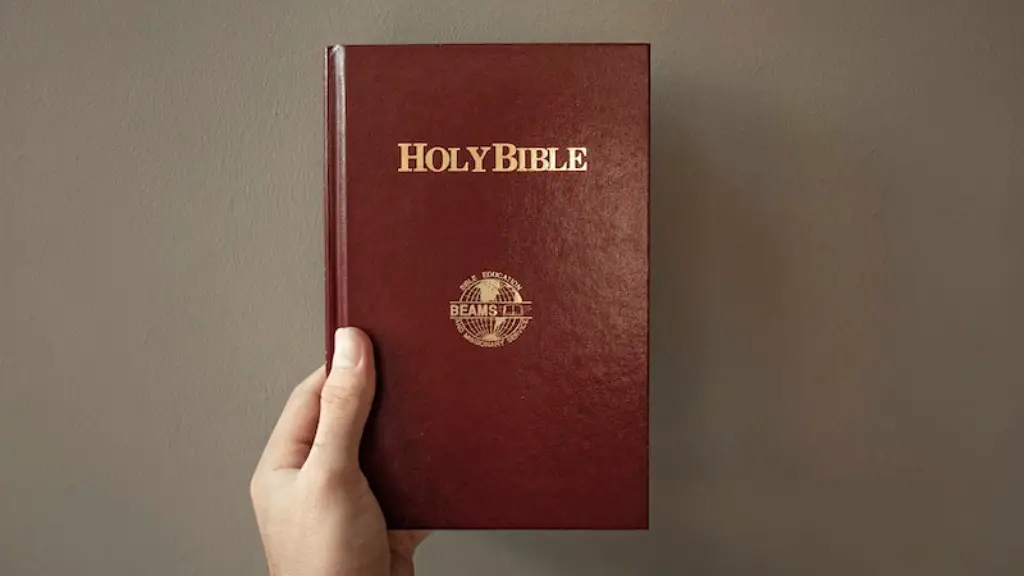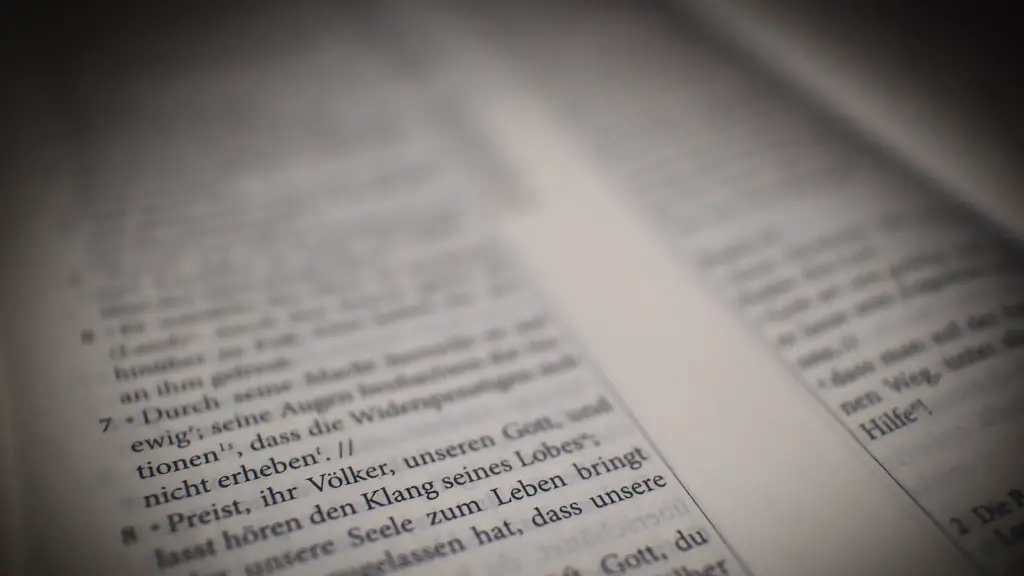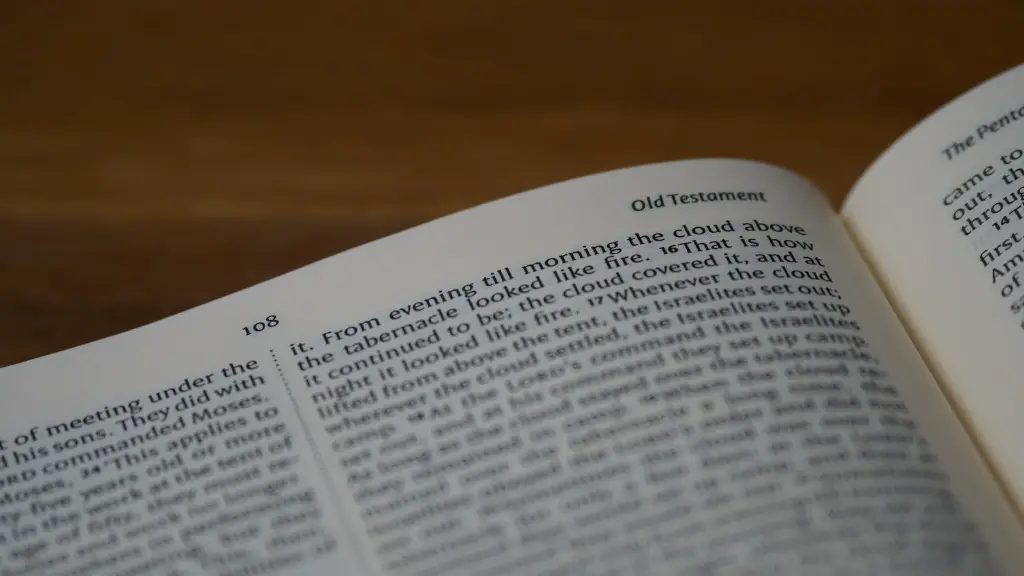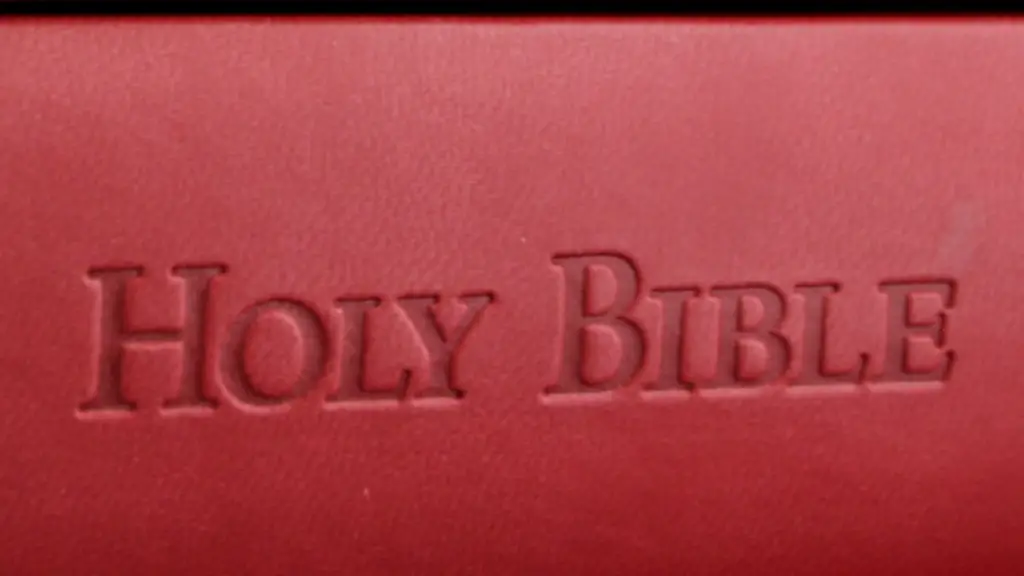The Enochic Tradition
The Book of Enoch, an ancient Jewish writing dating from the period prior to the second century B.C.E., is no longer part of the Christian canon. Though it was highly esteemed in the first several centuries by some church fathers and is referenced in the New Testament, it was excluded from the Bible around the fourth century due to its content. This decision was hotly debated at the time and has continued to be a source of contention to the present day.
The story of Enoch is itself a fascinating one, beginning with his mysterious appearance in the Bible. Genesis 5:18-24 states that Enoch “walked with God” and was taken directly to heaven in his human form, rather than dying like the rest of humankind. He is never mentioned again in the Bible, but is taken up by other Jewish texts of the time, most notably the Books of Enoch.
The Books of Enoch comprise of three distinct pseudepigraphical works: The Ethiopic Book of Enoch, later translated into Greek; The Slavonic Book of Enoch; and The Hebrew Apocalypse of Enoch. These works were important to early Christians, and Enoch’s story is also referenced in the New Testament letter of Jude 1:14-15. It is thus not surprising that it was included in the Septuagint, the Greek translation of the Jewish Bible compiled in the early centuries of the Common Era. The Book of Enoch was subsequently translated into Latin in the fourth century and included in several Western versions of the Bible.
Yet, despite its status, in the fourth century, a church synod in Rome determined that the Book of Enoch should be excluded from the canon. Interestingly, this decision was not based on its content, but rather on the fact that it was a pseudepigraphical work, meaning it was written in the name of an ancient but otherwise unknown author. This position was set forth in the Council of Laodicea in 365 C.E. and subsequently adopted by St. Jerome, who translated the Bible into Latin, the Vulgate.
Since its exclusion from the Bible, some Christian denominations have continued to debate whether or not it should be included as part of the Christian canon. The Book of Enoch, though likely not historically accurate, has much to offer in terms of theological understanding and is still thought of by many scholars as an important piece of religious literature.
Enochic Beliefs
The Books of Enoch, though written during a time prior to the emergence of Christianity, contain many teachings that, while not accepted by the Church, provide insight into early Jewish beliefs. According to these works, Enoch was ushered into heaven, where he gained access to God’s wisdom and was instructed to share it with humanity. Most notably, he was given the knowledge of the coming messiah, who was to be born of a virgin and die for the sins of the world.
In addition to these Christian-related beliefs, the Books of Enoch contain many other topics, such as the nature of angels, the fallen angels and humanity’s origin and destiny. The work also includes a long description of “the watchers,” or angels whose sins caused them to be cast out of heaven and condemned to suffer for eternity. Many of these teachings are thought to have influenced aspects of early Christianity, and are still the subject of much study and debate today.
Controversial Content
Though the Books of Enoch contain much valuable wisdom and literature, they also contain teachings that are incompatible with accepted Christian doctrine. Most notably, the work contains several passages referencing astrology, a practice that was widely accepted in the Ancient Near East, but is now regarded as superstitious and opposed by the Church.
In addition, the Book of Enoch reflects a belief that there are two classes of humans: those born of the line of Seth and those born of the line of Cain. This distinction, which is largely absent from the Bible, is deeply controversial and contradicts much of what is today accepted about humanity’s relationship with each other and with God.
Overall, it is likely that the inclusion of these and other passages incompatible with recognized Christianity was the primary reason why the Book of Enoch was excluded from the Bible and is not accepted as canonical to this day.
Cultural Legacy
The cultural impact of the Book of Enoch and its exclusion from the Bible can hardly be overstated. Over the centuries, it has become a source of fascination and scholarly debate, with some even claiming that it should be accepted as part of the canonical Bible. Even today, it remains an important part of religious studies, and new translations of the work into English continue to be published.
What is more, the Book of Enoch has also shaped much of the culture surrounding the Judeo-Christian tradition. Many of the angels and demons found in medieval literature find their origin in the work, and its views on the origins and destiny of humanity have had a profound influence on Judaic and Christian thought.
Why It’s Not In The Bible
Thus, while the Book of Enoch may no longer be part of the Bible, it is still an important part of the Judeo-Christian tradition and its legacy endures to this day. It is likely that the reasons why it was excluded from the canon are still of relevance today, and the content of the work, though often controversial, is still an interesting and worthwhile topic of study.
Modern Assessments
Today, scholars have a much more nuanced understanding of the Book of Enoch’s place in religious history. Many recognize its influence on early Christianity, as well as its importance in terms of understanding the nature of angelic beings and the origins and destiny of humanity.
At the same time, some also point to the fact that the work contains elements that are not accepted by the Church and which are not consistent with current Christian beliefs. This fact, combined with its pseudepigraphical status, is likely why the Book of Enoch was excluded from the Bible and continues to remain so.
Josephus On Book Of Enoch
The Jewish historian Flavius Josephus was of the opinion that the Book of Enoch should have been included in the Bible. His view was not shared by all Jews, however, as some argued that the work was not of equal importance to that of other canonical books of the Bible.
Nonetheless, Josephus was of the view that it should still by included in the Bible, seeing it as the product of the spirit of Truth and therefore worthy of being part of the Christian canon. Moreover, he also argued that its contents were of great value, particularly in regard to knowledge of angelic beings and the nature of God’s justice.
Apocalyptic Tone
The tone of the Book of Enoch is one of impending doom and destruction, a feature that likely contributed to its controversial nature and exclusion from the Bible in the fourth century. As a prophetic work, the Book of Enoch speaks of a judgment day where the wicked will be destroyed and those who remain faithful to God will receive eternal life. This view, which diverges from accepted Christian teachings, is clearly incompatible with current accepted beliefs and thus is likely another reason why it was excluded from the canon.
Misquoted Verses
Finally, some scholars have argued that the Book of Enoch has been misquoted and misinterpreted over the centuries. They point to the fact that many of the works found in the book are likely products of authors who wrote in Enoch’s name and thus the content could not be taken as literal truth.
This theory gains support from evidence that some of the passages supposedly written by Enoch that are found in the Bible are, in fact, misquotations. For instance, the first verse of Jude 1:14-15 is taken from the Book of Enoch and changes the meaning of the original verse. This highlights the need to be cautious when exploring the Book of Enoch, as its contents are subject to misinterpretation.





